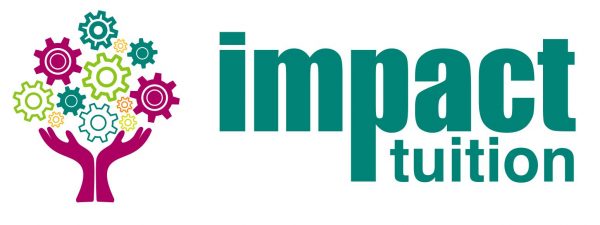English tuition
We offer English tuition from Early Years through to KS2 SATs & GCSE and are specialists in helping children with reading difficulties.
The Primary English curriculum is more demanding than ever and it’s very common for many children to feel out of their depth at times. We can offer expert English tuition to quickly boost their confidence and bring them back up to speed at school.
We help children with:
- Early reading, writing and phonics
- KS2 SATs
- Grammar
- Reading and comprehension
- Creative writing
- GCSE English Language
- GCSE English Literature
- English GCSE support for dyslexic pupils
- handwriting

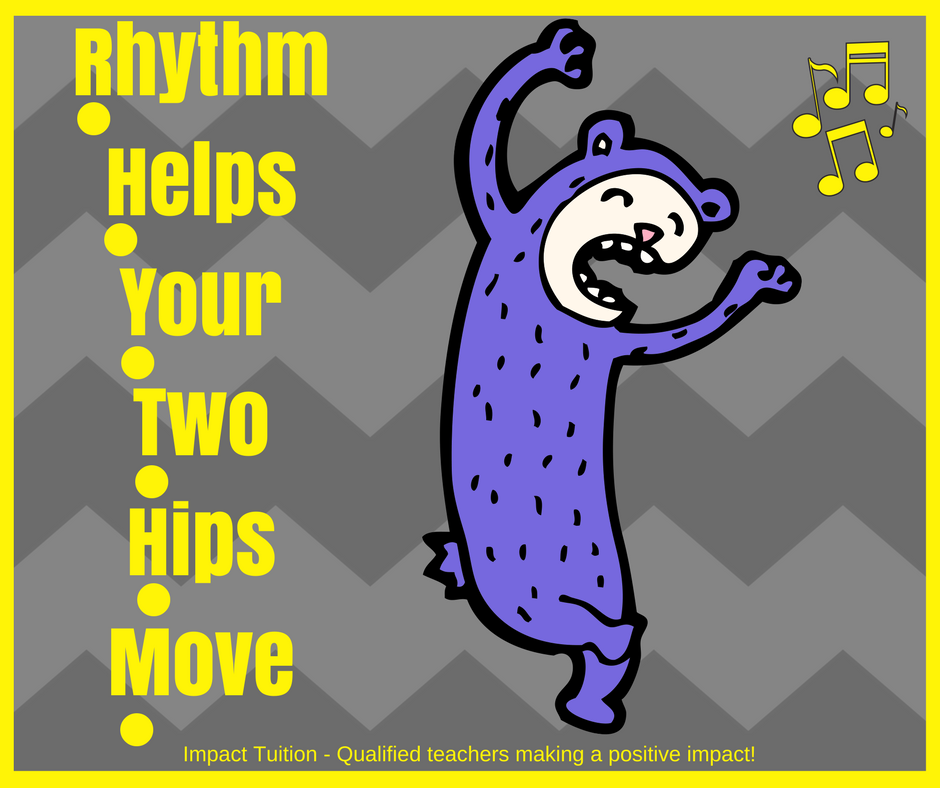
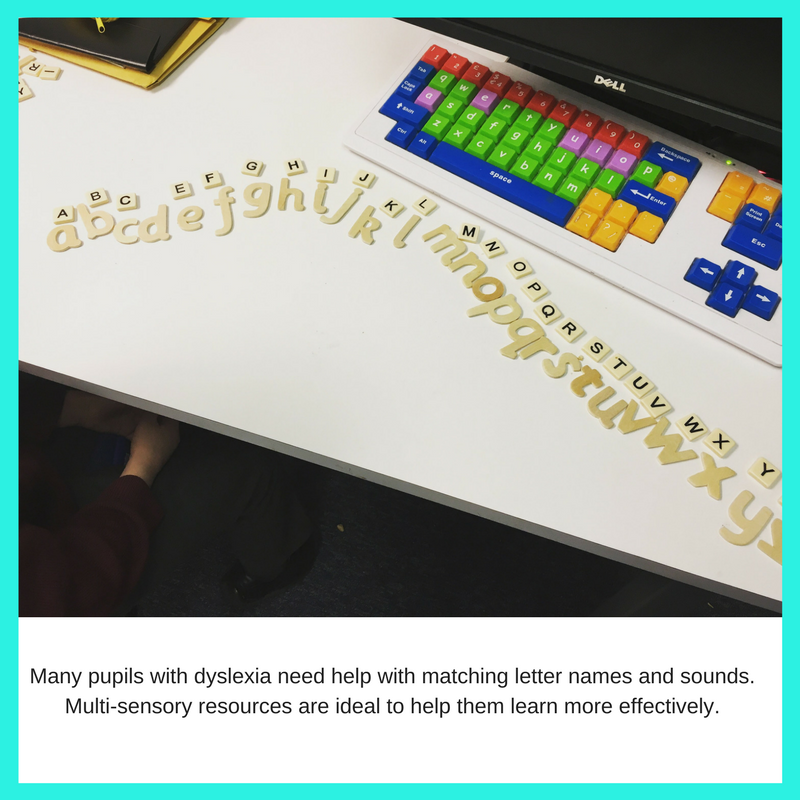
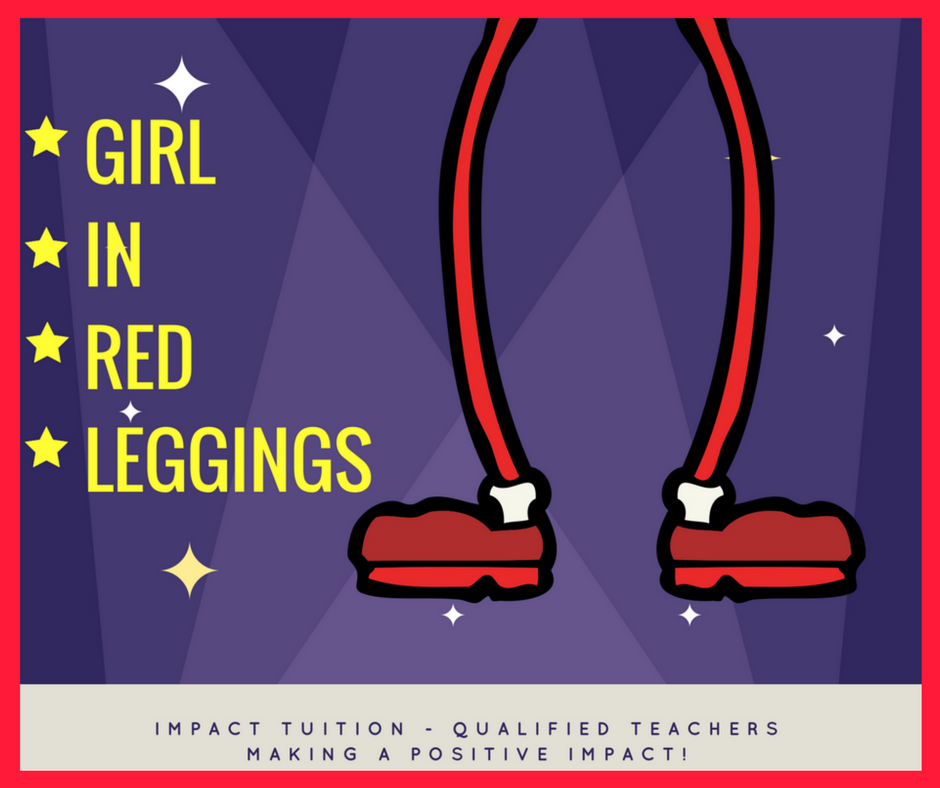
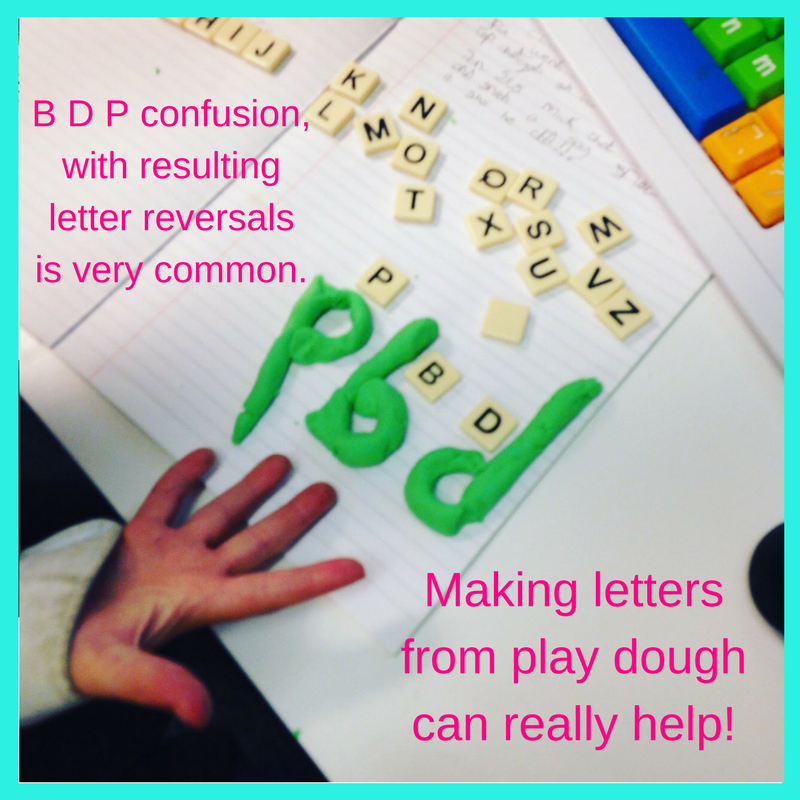

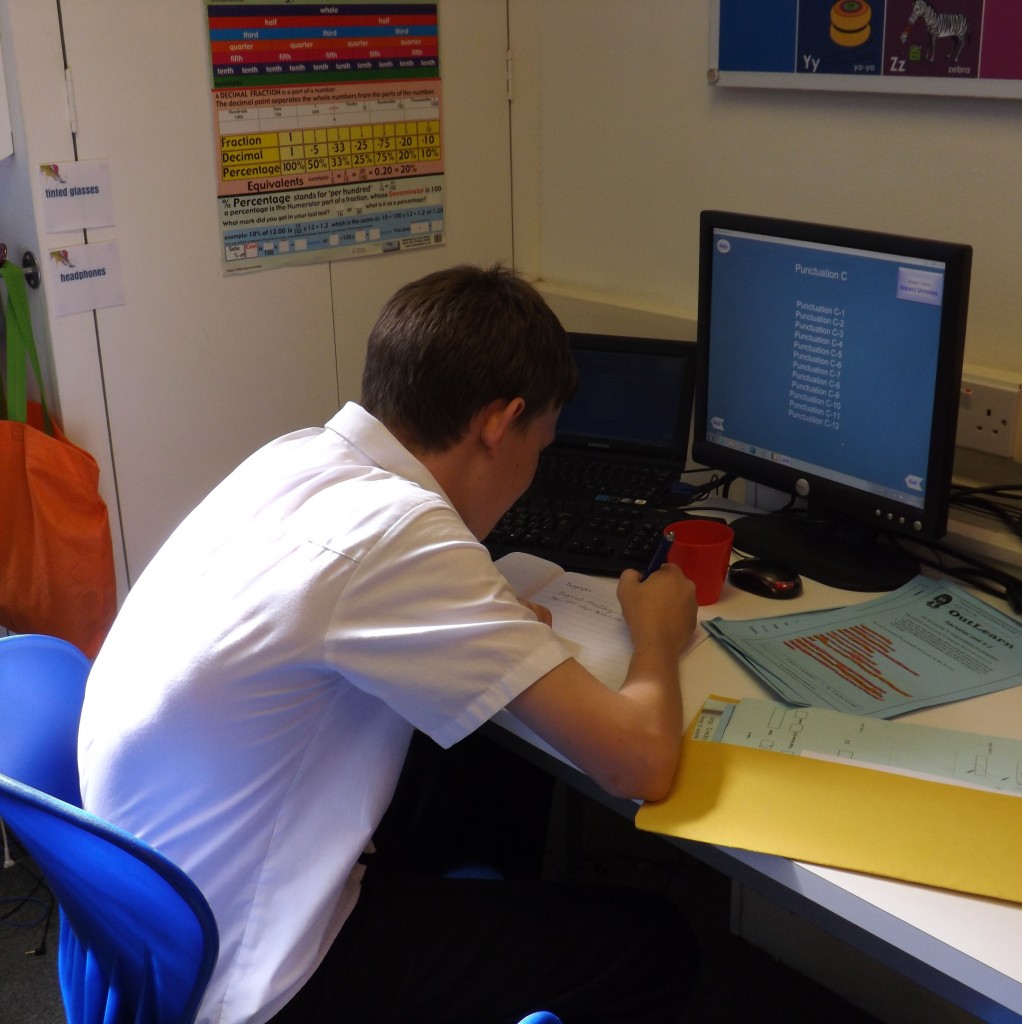


English tuition to help pupils with SEN
Kelly, Rosie and Leor are all specialist dyslexia teachers with Level 7 Accredited Teacher Status.
Dyslexia-Friendly GCSE and KS3 English Tuition
Kelly and GCSE English teachers Leor, James and Catherine have worked together to develop lessons designed to help older pupils with dyslexia. Transitions to KS3 and GCSE can often trigger a breakdown of coping strategies that previously worked, as the work suddenly increases in the level of challenge. Specific support is then needed not just with content, but with organisation and revision skills. Structuring and sequencing essays from scratch needs much more teacher input and guidance and learning points may need to be repeated more frequently. These lessons are designed to identify individual pupil’s strengths and weaknesses and for them to develop study skills that work for them.
“I would just like to say that you helped to make a massive difference in my daughters life. She is starting her final year at Urmston Grammar and was having problems reading and comprehending. After you tested her for Visual Stress and got her the green overlays she needed, she read her first ever complete book and loved it. It has helped loads and I know we appreciate so thanks again xxx”
Suzanne Wood, Stretford
Writing help
It is very common for children to be weaker on writing than reading and this can lead to them actively avoiding writing and losing their confidence. Many children have really good ideas but struggle to express themselves in writing. We aim to build confidence by letting children write about what interests them and in a less challenging way whilst we build their confidence back. many children are much more willing to add captions to photographs of their favourite toys or add details to a biography of their favourite footballer or musician than they are to write a story from scratch! We allow them to take small steps and regain their enthusiasm until they are ready for a bigger challenge. For some children handwriting is an issue and allowing them to use technology to record their writing can be a real incentive for them to write.
Spelling Help
For many children spelling is one of the most difficult aspects of English ad with many schools having regular tests, its often one of the first clues a parent has that all is not well at school. It can also be something that really knocks a child’s confidence and hinders their progress in writing as they only use words they know they cn spell, rather than attempting a more adventurous vocabulary. many children get 10/10 on tests only to spell those same words incorrectly the following week! Different spelling techniques work well for different children and finding one, or a combination of approaches that work, can really help. Read my blog on spelling and download my mnemonics e-book here . Children with dyslexia will need a multi-sensory, structured, phonics based approach to help them, Click here to go to our dyslexia tuition page.
Reading help
Reading difficulties can affect children in different ways – some children struggle to decode words and cannot read fluently whilst others seem to read fairly well but lack comprehension and do not retain what they have read very well. Learning difficulties can be an underlying factor but sometimes children just have poor strategies and need to learn how to tackle reading tasks more effectively. With older children, structuring longer comprehension answers can be tricky and help is needed with “Point, Evidence, Explain” type answers.
Phonics Screening
The Phonics Screening test takes place in Year 1 and children who don’t get a certain score are retested later. If your child does not achieve the required score, it can be a sign that they are struggling with reading and it is highly likely that they will have interventions and extra support at school. Some children do find phonics more difficult than others and need more intensive support. Rosie is our KS1 and Dyslexia specialist teacher and is an expert on early reading. She often helps our younger pupils who may need more support until they find their feet with phonics.
KS2 SATs
The Key Stage 2 SATs take place in May and measure progress in reading, spelling and grammar. the tests are very challenging and pupls are expected to achieve a score of 100 to show that they are working at the expected level for their age. Secondary Schools are now judged with the Progress 8 system, which measures children’s progress from their attainment at the end of Y6 to their eventual GCSE attainment. As you can imagine, these tests can generate a great deal of stress for schools as well as children! At Impact Tuition we can help your child by going over the aspects that they find the most difficult (very often the very detailed grammar that is required – many adults with degrees in English don’t know the grammatical terms that children are expected to be well-versed in! Subordinating conjunctions, past perfect tense, fronted adverbials?) The reading test is much harder now with many teachers comparing some questions with GCSE standard questions! Many children need help with structuring answers and higher level question types such as author’s intent, summarising and inferential focus questions.
